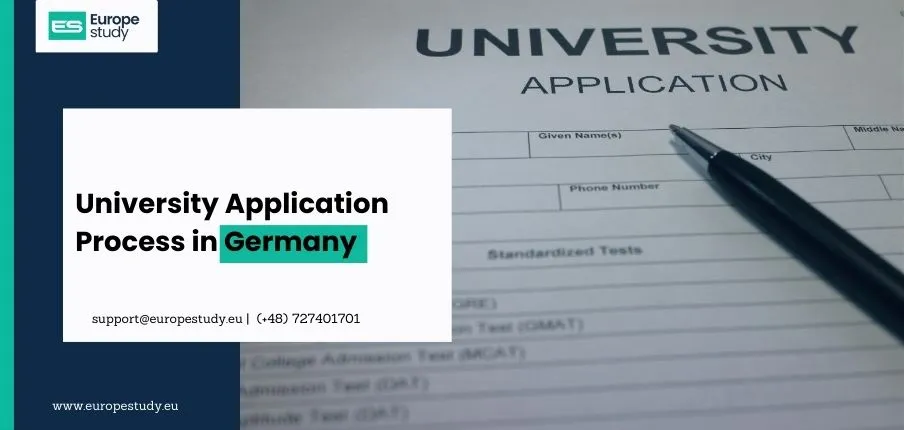
University Application Process in Germany
Applying to universities in Germany involves different processes depending on your educational background and country of origin. Understanding these steps can help ensure a smooth and successful application.
Application Requirements for European Students
If you hold a European qualification, such as A-levels or a baccalaureate, the application process is relatively straightforward. You will typically need to provide proof of German language proficiency unless you are applying for a course taught in English. With these requirements met, you can apply directly to your chosen university.
Application Process for Non-European Students
Students with qualifications from outside Europe may face additional steps. In some cases, they are required to complete the Feststellungsprüfung entrance examination after attending a preparatory Studienkolleg. However, high-achieving students may be exempt from this requirement.
Most universities allow international students to apply directly through their international office. Another option is to use uni-assist, a centralized admissions portal managed by the German Academic Exchange Service (DAAD). This platform simplifies the application process by handling and forwarding applications to various universities.
Subjects with Restricted Admission (Numerus Clausus)
Certain subjects, particularly in the life sciences, have a nationwide cap on the number of available student placements. If you are a student from the European Union, Norway, Iceland, or Liechtenstein, you must apply for these restricted courses through the Foundation for Higher Education Admission (Stiftung für Hochschulzulassung). Students from outside the EU can apply directly to the university or through uni-assist, following the standard procedure.
Navigating the German university application process depends on your academic qualifications and nationality. By understanding the different pathways and utilizing available resources like uni-assist and DAAD, international students can successfully pursue higher education in Germany.





